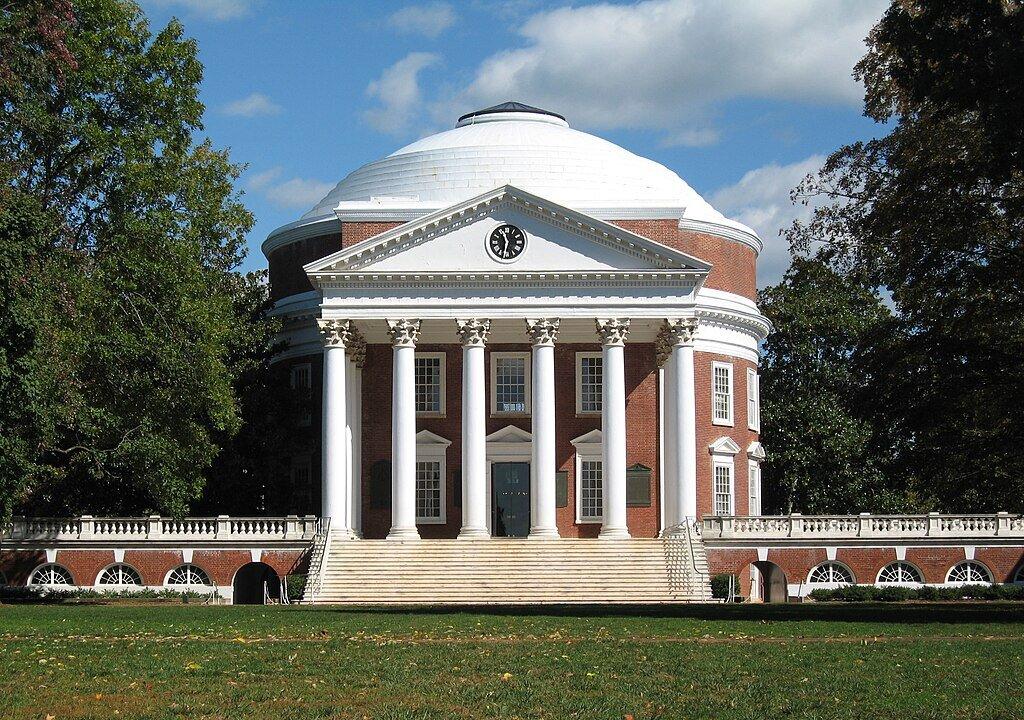“Our basic conviction is that a great university can perform greatly for the betterment of society. It should not, therefore, permit itself to be diverted from its mission into playing the role of a second-rate political force or influence.”
So concludes the 1967 Kalven Report, written by a University of Chicago faculty committee regarding that institution’s “role in political and social action.” Nearly 50 years later, the Committee on Freedom of Expression at this same school produced the “Chicago Statement,” which echoes and reinforces the importance of free speech and open debate in universities. “Because the university is committed to free and open inquiry in all matters, … it is not the proper role of the University to attempt to shield individuals from ideas and opinions they find unwelcome, disagreeable, or even deeply offensive.”






